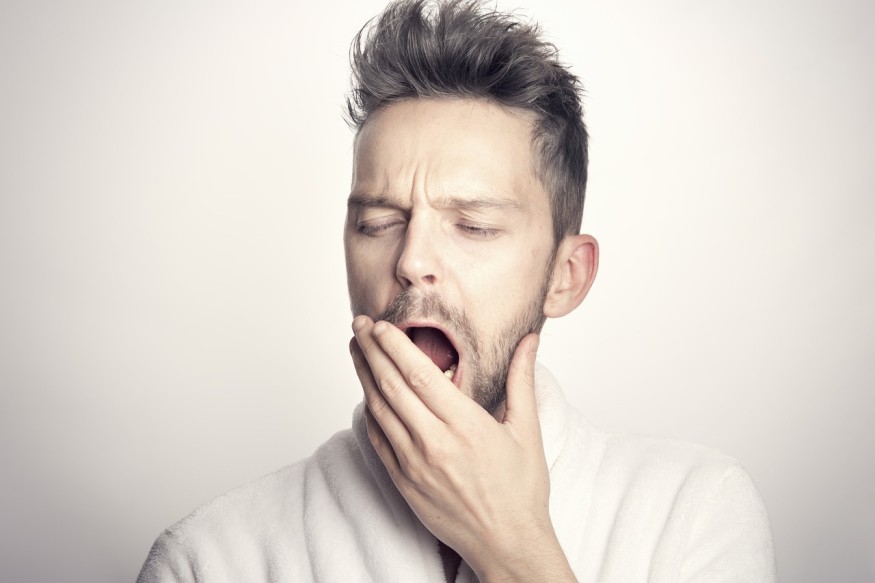Excessive daytime sleepiness or EDS is affecting up to 28 percent of the overall population. It is most typically resulting from sedatives, poor sleep habits, and sleep disorders.
According to Medscape, those who have EDS may experience drowsiness, have difficulty staying awake at daytime, or complain of lack of energy. This can lead to compromised job performance or vehicular accidents.
In connection to this condition, Solriamfetol or Sunosi as the health and medicine information describes it, is the first double-acting depomine and norepinephrine reuptake inhibitor for treating persistent daytime sleepiness among adult individuals. This once-a-day prescription drug comes in 75-milligram and 150-milligram tablets.

3 Important Things to Know Before Taking Sunosi
Sunosi, as described in Drugs.com, is not just the only wake-promoting medicine available on the market. Other approved drugs for EDS treatment include modafinil and armodafinil.
Sleep expert Atul Malhotra, MD, who discussed Sunosi's efficacy said that there have been no personal trials that compare this drug to other wake-promoting medications, although at least one study proposes it may work better at the reduction of sleepiness.
If you are considering taking Sunosi for your excessive daytime sleepiness problem, here are three important things you should know:
1. Sunosi will Help Improve Your Wakefulness if You have OSA and Narcolepsy
A clinical test found that those who used Sinosi stayed awake longer and had decreased sleepiness at daytime compared to those who were given placebo.
A 12-week study showed that more than 89 percent of those who have obstructive sleep apnea or OSA who took 150 milligrams of Sinosi achieved overall improvement of the condition's symptoms at the end of the study, compared to around 49 percent of those who were given placebo.
2. If You Have Underlying Sleep Disorders, Sunosi Does Not Treat Any of Them
While this drug is considered an effective treatment for EDS, which is a common OSA symptom, it does not cure any underlying cause of the condition.
According to the sleep specialist, it is essential for them to advise their patients suffering from OSA that Sunosi should not be a substitute treatment for CPAP or continuous positive airway pressure.
Nonetheless, the expert elaborated that patients are at times given both treatments if they are experiencing longer-lasting sleepiness after they use CPAP.
3. You Should Be Aware of the Side Effects of Sunosi
Based on their research, Malhotra, together with his colleagues, discovered that some of the most typical side effects of Sunosi, as reviewed on a Drug Talk YouTube video below, are nausea, headache, loss of appetite and anxiety.
More so, roughly five percent of the study participants were found to have developed an upper respiratory tract infection.
Some of the severe side effects are high blood pressure, increased heart rate, which could raise the risk for stroke, heart failure, insomnia, and even death, the Food and Drug Administration said.
The FDA has also recommended that patients taking a monoamine oxidase inhibitor or those who have discontinued its use within two weeks should not take any wake-promoting drug.
Essentially, even though the FDA approved the use of Sunosi in early 2019 only for the treatment of EDS linked to OSA or narcolepsy among adults, sleep experts believe that this medication has potential in promoting wakefulness in individuals who have various diseases like excessive sleepiness or idiopathic hypersomnia.
Check out more news and information on Sleep Disorder in Science Times.
© 2026 ScienceTimes.com All rights reserved. Do not reproduce without permission. The window to the world of Science Times.












